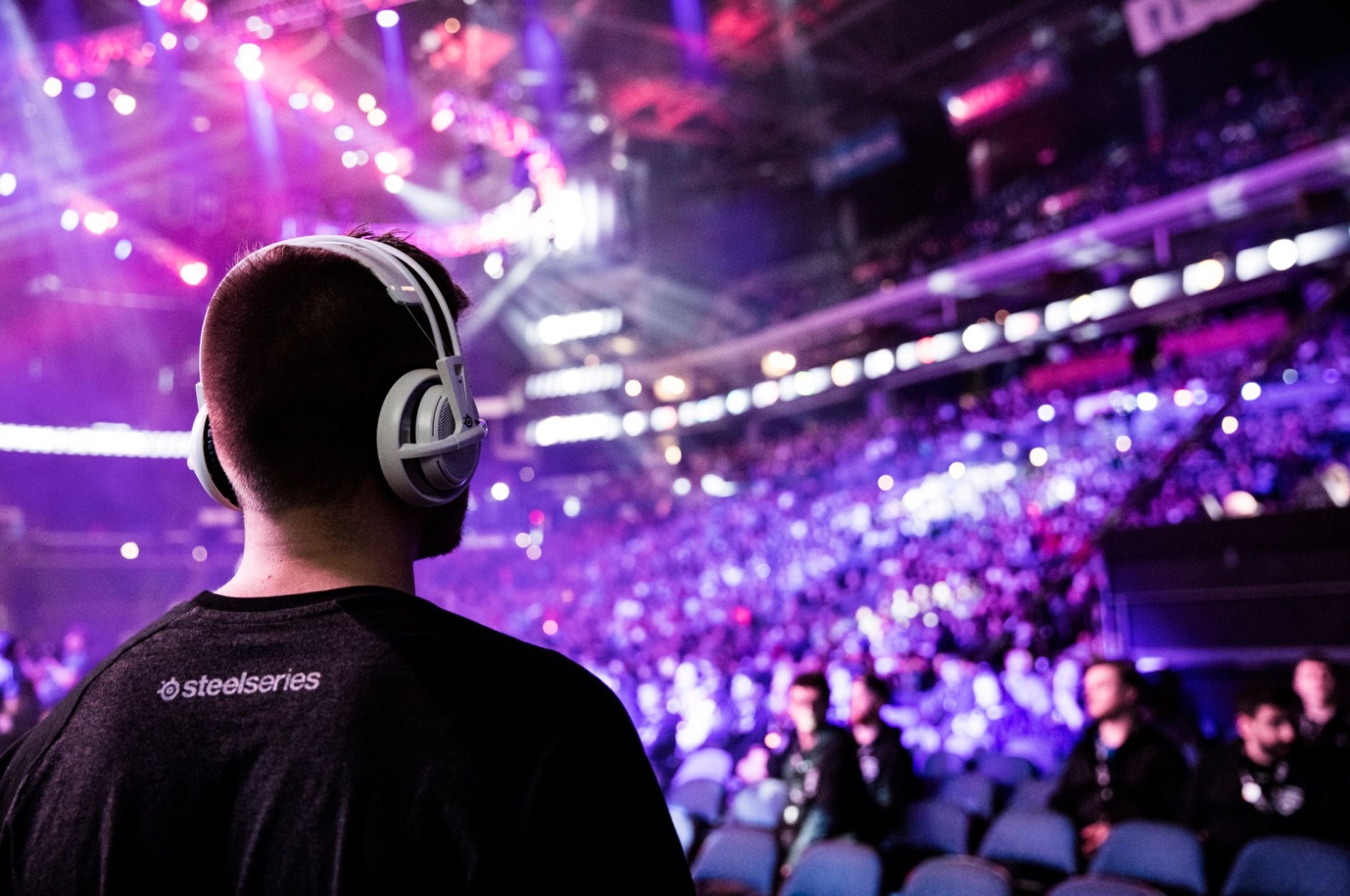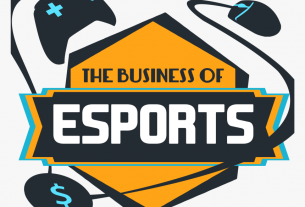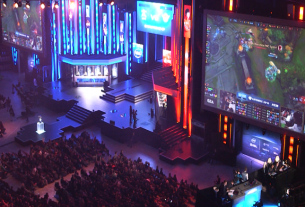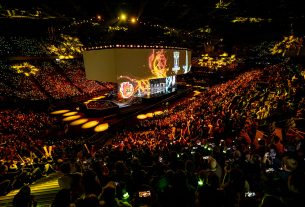Since the first 8-bit computer games became popular, gamers have claimed that playing video games has made them smarter. However, either parents or teachers have often remarked that gamers are doing damage to their brains rather than good. The allegation that video games have promoted violence is one that keeps on coming up and yet always refuted by gamers.
Finally, players in popular Esports, such as Age of Empires and Warcraft can now claim that their brains are being actively trained by the games that they participate in.
The journal Frontiers in Human Neuroscience has revealed in its new study that regular gamers, including esports professionals, can process visual information faster than people who don’t play real-time strategy-based games, such as Warcraft, Total War, and Age of Empires.
Associate Professor at the University of Electronic Science and Technology of China and study’s author, Dr. Diankun Gong, said that they aimed to know the long-term effect of experience with action real-time strategy games on temporal visual selective attention.
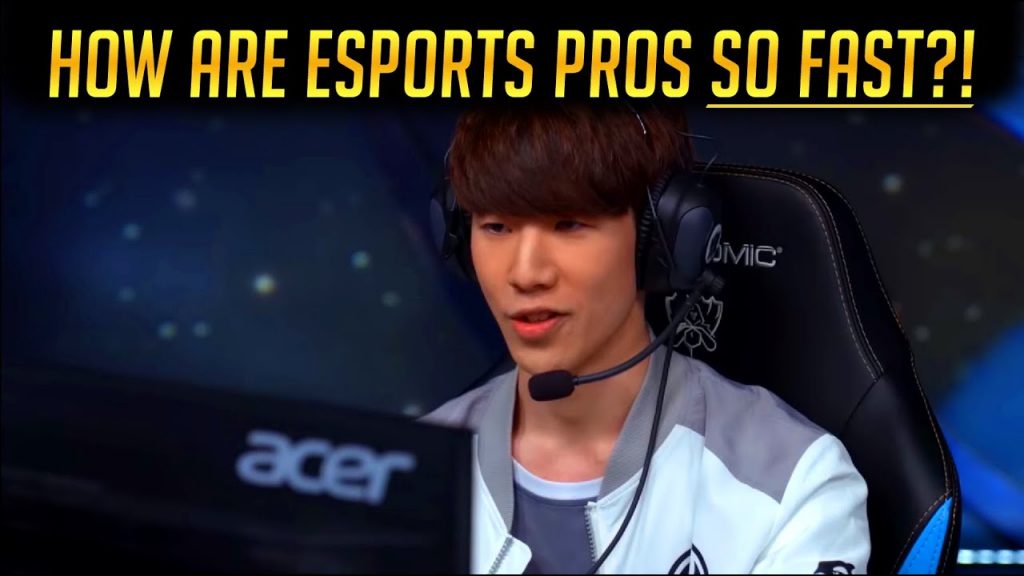
Their research findings showed that regular video game players had better temporal visual selective attention and could process visual information faster. These players can choose things to focus more optimally.
Co-author of the study, Dr. Tiejun Liu, said that they found out that such games could be a powerful tool for cognitive training. The study discovered that expert gamers became more effective in distributing limited cognitive resources between successive visual targets.
The study has 38 young male participants, with 50% of them being expert video-game players. It focuses on action real-time strategy gaming (ARSG) that includes both action and strategy elements. It details the growing popularity of the games on the market. Aside from requiring a degree of attention focus and excellent hand-eye coordination, ARSG also relied on the gamer to create strategic decisions based on speedy responses in-game. Players usually need to cooperate with their teammates, just like in traditional sports, such as football or basketball.
It was discovered that visual selective attention (VSA) is improved in the game itself by playing for up to 15 hours. Also developed is the enhancements of the subject in two visuospatial working memory tasks. It took in episodic memory and short-term memory in its analysis. The study concluded that video games have an overall improvement in the capabilities of the brain.
Esports professionals would probably say they have been experiencing it for years. Still, the next time your younger brother, sister, or friend explains that they are training their brain when playing their favorite video game, they might have the scientific study to back up that claim.
